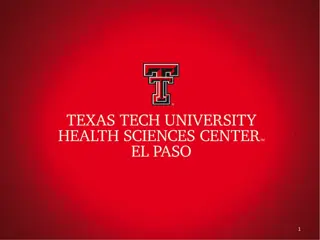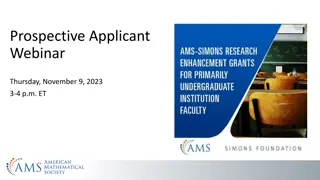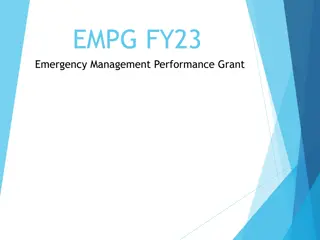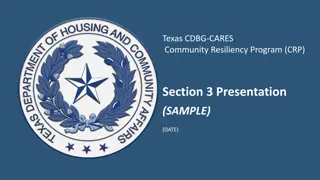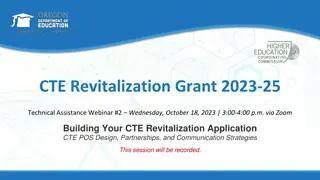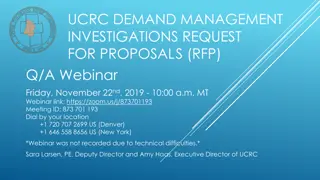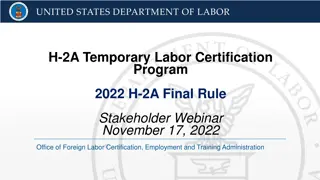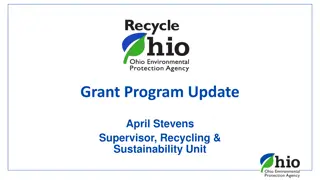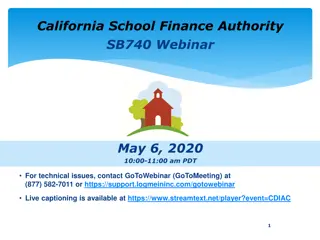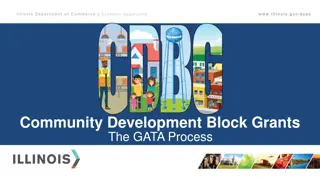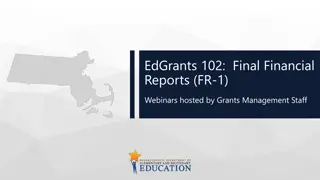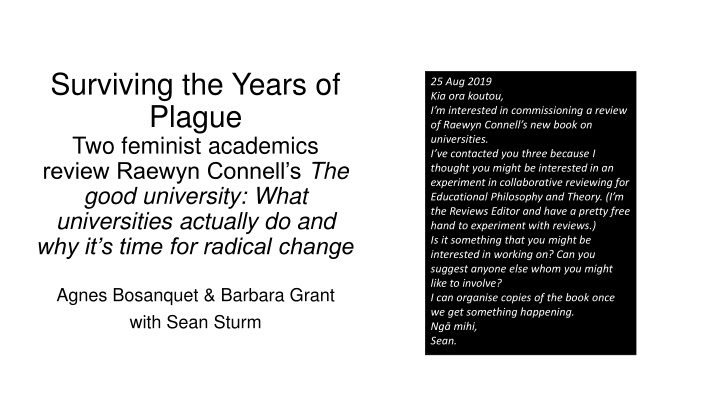
Reviewing Raewyn Connell's Perspectives on Universities: A Feminist Evaluation
Explore feminist academics' collaborative review of Raewyn Connell's new book on universities, focusing on the transformative potential for education and decolonization within academia, rooted in notions of collective labor and hope for change. Delve into discussions on the nature of university work, challenges against the status quo, and pathways towards a more equitable future in higher education.
Download Presentation

Please find below an Image/Link to download the presentation.
The content on the website is provided AS IS for your information and personal use only. It may not be sold, licensed, or shared on other websites without obtaining consent from the author. If you encounter any issues during the download, it is possible that the publisher has removed the file from their server.
You are allowed to download the files provided on this website for personal or commercial use, subject to the condition that they are used lawfully. All files are the property of their respective owners.
The content on the website is provided AS IS for your information and personal use only. It may not be sold, licensed, or shared on other websites without obtaining consent from the author.
E N D
Presentation Transcript
Surviving the Years of Plague Two feminist academics review Raewyn Connell s The good university: What universities actually do and why it s time for radical change 25 Aug 2019 Kia ora koutou, I m interested in commissioning a review of Raewyn Connell s new book on universities. I ve contacted you three because I thought you might be interested in an experiment in collaborative reviewing for Educational Philosophy and Theory. (I m the Reviews Editor and have a pretty free hand to experiment with reviews.) Is it something that you might be interested in working on? Can you suggest anyone else whom you might like to involve? I can organise copies of the book once we get something happening. Ng mihi, Sean. Agnes Bosanquet & Barbara Grant with Sean Sturm
Previewing The Good University Core theme: we cannot understand research or teaching without recognising them as forms of work (p.9), fundamentally a weave of collective [gendered] labour (p.171) from academics and operations workers (p.56) Ch s 1 3 cover the work of making knowledge, learning and teaching, being the collective university worker Ch s 4 6 sketch forces arraigned against the good university: hierarchical global knowledge economy, ties with privilege, managerialism
Chs 78 offer resources for hope and imagination towards the good university by: describing alternate forms have coexisted with the modern university and imagining new forms rooted in fragments of memory and of the present, in longings for things to come in which boundaries of place, culture and nature (p.185) no longer hold as they do now Throughout, Connell draws heavily on feminist and postcolonial critiques of HE.
Slow reading Attentive, open-ended, ambiguous, contradictory, uncertain, imaginative, experimental, curious, questioning, incomplete, learning, appreciative, attentive listening, inconclusive, respectful, generous, meandering, reflective, meditative, patient, ethical, speculative, unknowing Walker, M. B. (2017). Slow Philosophy: Reading against the institution. London: Bloomsbury.
Reparative reading A hermeneutics of suspicion produces a paranoid and cynical reading: reading for the worst, avoiding bad surprises , anticipating negative affects Reparative reading = another strategy for critiquing texts, open to possibilities (even terrible possibilities) and hope. Begins with generosity, seeking pleasure Sedgwick, E. K. (2003). Touching Feeling: Affect, pedagogy, performativity. Duke University Press.


